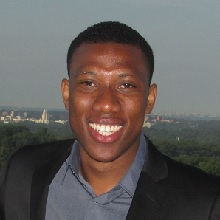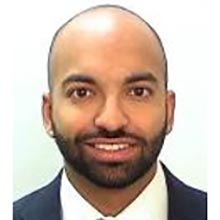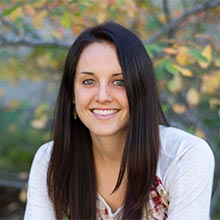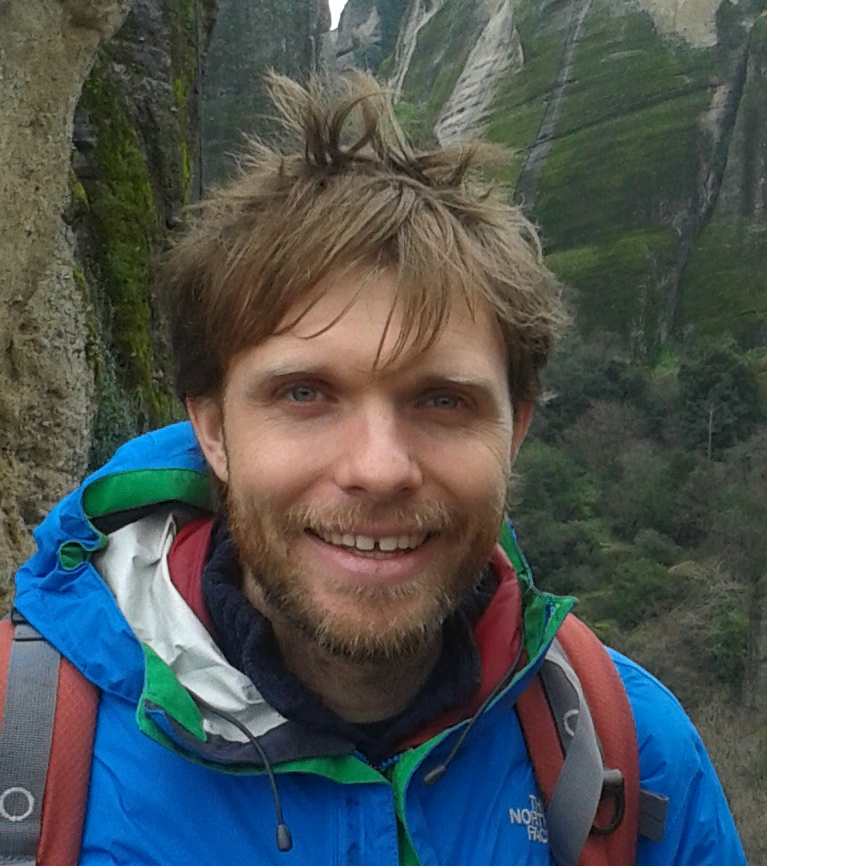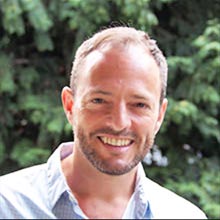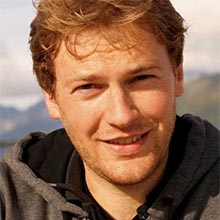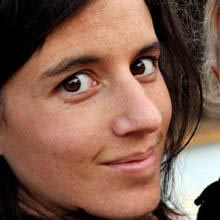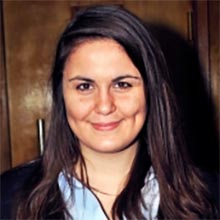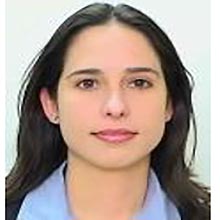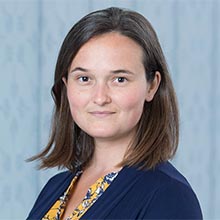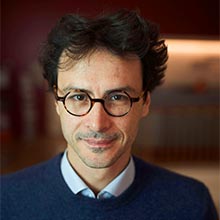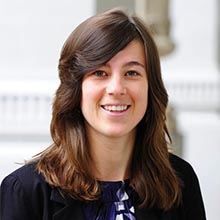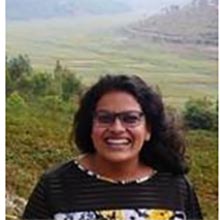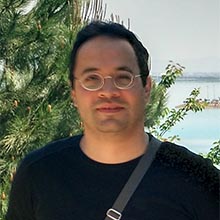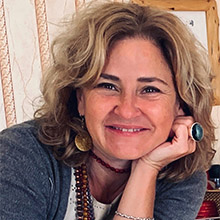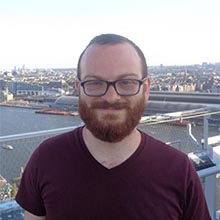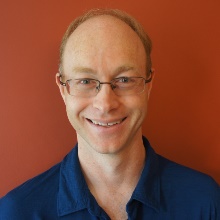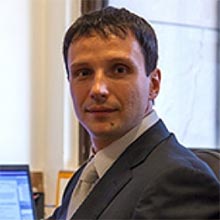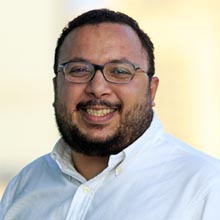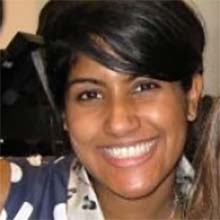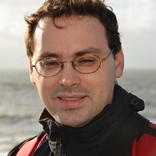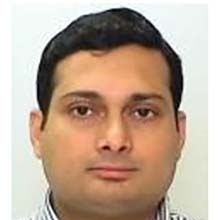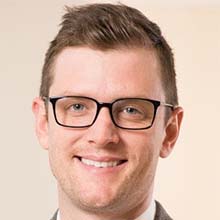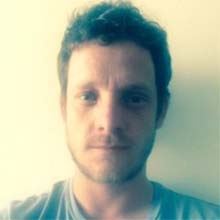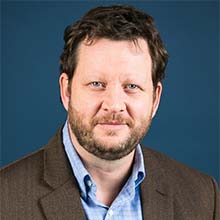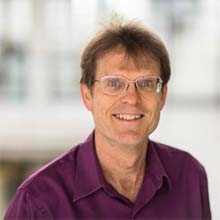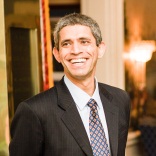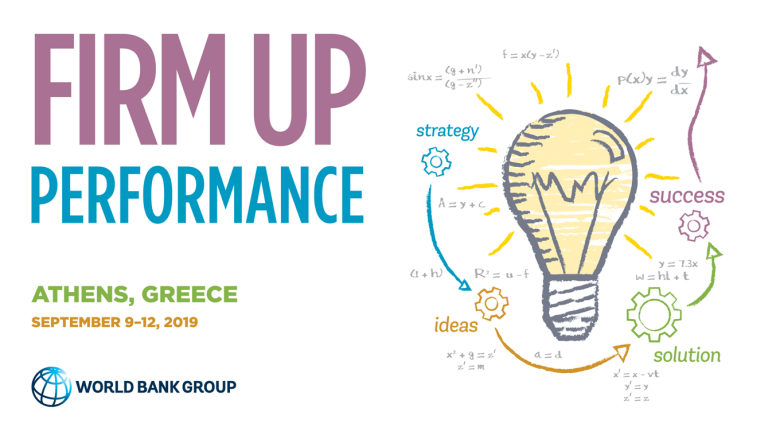
Impact Evaluation Workshop: Firm Up Performance
September 9-12, 2019
Athens, Greece
-
This workshop, hosted by Competitiveness Policy Lab (ComPEL) and Development Impact Evaluation (DIME), gathers a significant number of practitioners and management, clients, researchers, and partners, with the following objectives:
- To develop initial design and implementation plans for new impact evaluations through structured clinics sessions.
- To enhance the technical capacity of staff and clients through training provided in methods sessions.
- To bring participants up to date with latest research trends and results from relevant impact evaluations through policy and ignite sessions around four areas of interest: technology adoption, access to finance, connecting businesses, and targeting firms with high growth potential.
- To strengthen the impact evaluation community through networking sessions with stakeholders, Management, and researchers.
-
Agenda for Impact Evaluation Workshop
Athens, September 9th to 12th 2019
Monday, September 9
8:00-8:45 Main Room
Breakfast and Registration
8:45-9:00
Denis Medvedev, Practice Manager, Firms, Entrepreneurship, and Innovation.
9:00-9:30
Knowledge Exercise
9:30-11:00
Impact Evaluation for Achieving Impact
Arianna Legovini, Adviser, Development Impact Evaluation, World Bank Group.
Denis Medvedev, Practice Manager, Firms, Entrepreneurship, and Innovation.
11:00-11:30
COFFEE BREAK
11:30-12:30
Breakout Rms
Methods: Non-Experimental
English – Caio Piza, Economist, World Bank Group.
French – Guigonan Serge Adjognon, Economist, World Bank Group.
12:30-1:30
Methods: Case Study on Non-Experimental Methods
English – Caio Piza, Economist, World Bank Group.
French – Guigonan Serge Adjognon, Economist, World Bank Group.
1:30-2:30
LUNCH
2:30-3:15
Main Room
Methods: Ideas for Measuring Firm Outcomes
David McKenzie, Lead Economist, World Bank Group.
3:15-3:30
Intro to Clinics: Integrating Impact Evaluation into the Design of Projects
Ana Goicoechea, Senior Economist, World Bank Group.
3:30-6:00
Breakout Rms
Clinic 1: Objective and Theory of Change
Teams will define their project objectives and theory of change. They will identify which constraints their programs aim to address, and which other potential binding constraints might remain. Discussion will be submitted to their facilitator using a PowerPoint template.
Coffee and snacks available in the rooms
Tuesday, September 10
9:00-10:00 Main Room
Aidan Coville, Senior Economist, World Bank Group.
10:00-10:45
Methods: Case Study for Experimental Methods
English – Caio Piza, Economist, World Bank Group.
French – Guigonan Serge Adjognon, Economist, World Bank Group.
10:45-11:00
COFFEE BREAK
11:00-11:45
Policy Session: Improving Access to SME Finance
Bilal Zia, Senior Economist, World Bank Group.
11:45-12:30
Ignite Session: Experiments on Improving Access to SME Finance (15 min per case, 15 min Q&A)
- Mobile Money in Kenya. Patricio Dalton, Associate Professor, Tilurg University.
- Using Psychometrics to Overcome Collateral Constraints in Ethiopia. Salman Alibhai, Senior Operations Officer, World Bank Group.
12:30-1:30
LUNCH
1:30-2:15 Main Room
Policy Session: Technology Adoption
Eric Verhoogen, Associate Professor, Columbia University.
2:15-3:15
Ignite Session: Experiments on Technology Adoption (15 min per case, 15 min Q&A)
- Technology Adoption and Diffusion in Ghana. Morgan Hardy, Associate Professor, NYU-Dubai.
- Multinational Buyers’ Demand for Suppliers to Improve Labor Standards: Experimental Evidence from Bangladesh. Laura Boudreau, Post Doc, Columbia Business School.
- The Impact of Monitoring Technologies on Contracts and Employee Behavior in Kenya. Erin Kelley, Economist, World Bank Group.
3:15-3:30
COFFEE BREAK
3:30-4:30
Breakout Rms
Clinic 2: Research Questions, Outcome Measures, and Data
Teams determine the research questions to be answered by the impact evaluation and the corresponding outcome indicators and data. The results will be recorded in the PowerPoint template.
4:30-6:00
Clinic 3: IE Methods and Implications in Roll out Plans
Teams will work on designing an impact evaluation strategy to answer the questions they have identified. The proposed design will be recorded in the project's PowerPoint template.
7:00
Networking Dinner
Wednesday, September 11
9:00-9:45
Main Room
Aidan Coville, Senior Economist, World Bank Group.
9:45-10:45
Debrief from Project Teams: Research Questions and Knowledge Gaps
Senior researchers will provide feedback to teams.
10:45-11:00
COFFEE BREAK
11:00-11:45
Christopher Woodruff, Professor of Economics, Oxford University.
11:45-12:30
Ignite Session: Experiments on Connecting Business to Improve Market Access
(15 min per case, 15 min Q&A)
- Competition in Cocoa Markets in Sierra Leone. Tristan Reed, Economist, World Bank Group.
- Connecting to Exports in Tunisia. Aminur Rahman, Lead Economist, World Bank Group.
12:30-1:30
LUNCH
1:30-2:15
Policy Session: Cross Cutting Issues in Firm Impact Evaluations
David McKenzie, Lead Economist, Development Economics Research Group, World Bank Group.
2:30-6:00
Breakout Rms
Clinic 4: Implementation Plan and Presentation
Teams will work on practical implementation plan of the IE (including budget, timeline, and staffing) and polish their PowerPoint presentation.
Thursday, September 12
8:45 – 10:30
Main Room
Clinic 5: Teams’ presentations
15 min per team (5 min presentation, 10 min discussion)
10:30-10:45
COFFEE BREAK
10:45 – 12:30
Clinic 5: Teams’ presentations
15 min per team (5 min presentation, 10 min discussion)
12:30-1:30
LUNCH
1:30-2:30
Knowledge Exercise and Closing Ceremony
Teams for Clinics
Technology Adoption
- Egypt (P154650) – Overcoming Digital Advertising Adoption Barriers
- Lebanon-Tunisia (P168392, we-fi) – E-Commerce and Women-Led SMEs
Improving Access to SME Finance
- Burkina Faso (P164786) – Credit Guarantees for Entrepreneurs
- Egypt (P162835) – Financing and Behavioral Economics for MSMEs
- Nigeria (P168390, we-fi) – Innovative Lending Products for Women-led SMEs
- Uzbekistan (P166305) – Ferghana Valley Rural Enterprise Development Project
Targeting Firms with High Growth Potential
- Ghana (P166539) – Accelerating Entrepreneurship and SME growth Project
- Senegal (P160708) – Business Competition in Renewable Energy Market
Connecting Business to Improve Market Access
- Cote d'Ivoire (P168393, we-fi) – Women-Led Cooperatives' Access to Markets and Financial Products and Services
- Mozambique (P168391, we-fi) – Training Program for Women-Led SMEs
- Senegal- (P168394, we-fi) – Connecting National Procurement Needs with Women-Owned SMEs
- Rwanda (P164520) – Last Mile Market-Access Agriculture Program
Support Staff at the Workshop:
- Silvia Velez Caroco, DIME, Word Bank: Analyst
-
Programme Préliminaire pour Atelier d’Evaluation d’Impact
Athènes, 9-12 Septembre 2019
Lundi, 9 Septembre
8:00-8:45
Hall Principal (Main Room)
Petit déjeuner et enregistrement
8:45-9:00
Remarques de Bienvenue
Denis Medvedev, Practice Manager, Firms, Entrepreneurship, and Innovation.
9:00-9:30
Exercice de Connaissances
9:30-11:00
Evaluation d'Impact pour Atteindre l'Impact
Arianna Legovini, Adviser, Development Impact Evaluation, Groupe de la banque mondiale.
Denis Medvedev, Practice Manager, Firms, Entrepreneurship, and Innovation.
11:00-11:30
PAUSE CAFÉ
11:30-12:30
Halls Secondaires (Breakout Rooms)
Les méthodes: Non-Expérimental
Anglais – Caio Piza, Économiste, Groupe de la banque mondiale.
Français – Guigonan Serge Adjognon, Économiste, Groupe de la banque mondiale.
12:30-1:30
Les méthodes: Étude de Cas sur Les Méthodes Non-Expérimental
Anglais – Caio Piza, Économiste, Groupe de la banque mondiale.
Français – Guigonan Serge Adjognon, Économiste, Groupe de la banque mondiale.
1:30-2:30
DÉJEUNER
2:30-3:15
Hall Principal (Main Room)
Les méthodes: Idées pour Mesurer les Résultats de l'Entreprise
David McKenzie, Lead Économiste, Groupe de la banque mondiale.
3:15-3:30
Introduction aux Cliniques: Intégration de l’Évaluation d’Impact dans la Conception de Projets
Ana Goicoechea, Senior Économiste, Groupe de la banque mondiale.
3:30-6:00
Halls Secondaires (Breakout Rooms)
Clinique 1: Objectif et Théorie du Changement
Les équipes définiront les objectifs de leurs projets et la théorie du changement. Ils identifieront les contraintes que leurs programmes visent à résoudre. La discussion sera soumise à leur facilitateur en utilisant un modèle PowerPoint.
Café et collations disponibles dans les salles
Mardi, Septembre 10
9:00-10:00 Hall Principal (Main Room)
Les méthodes: Expérimental
Aidan Coville, Senior Économiste, Groupe de la banque mondiale.
10:00-10:45
Les méthodes: Étude de Cas sur Les Méthodes Expérimental
Anglais – Caio Piza, Économiste, Groupe de la banque mondiale.
Français – Guigonan Serge Adjognon, Économiste, Groupe de la banque mondiale.
10:45-11:00
PAUSE CAFÉ
11:00-11:45
Session Politique sur l’Amélioration de l'Accès au Financement des PME
Bilal Zia, Senior Économiste, Groupe de la banque mondiale.
11:45-12:30
Session Ignite: Expérimentes sur l’Amélioration de l'Accès au Financement des PME
(15 in par cas, 15 min Q&A)
- Mobile Money au Kenya. Patricio Dalton, Professeur Associé, Tilburg Université.
- Utilisation de la psychométrie pour surmonter les contraintes collatérales en Éthiopie.
Salman Alibhai, Senior Operations Officer, Groupe de la banque mondiale.
12:30-1:30
DÉJEUNER
1:30-2:15
Hall Principal (Main Room)
Session Politique sur: l’Adoption des Technologies
Eric Verhoogen, Professeur Associé, Columbia Université.
2:15-3:15
Session Ignite: Expérimentes sur l’Adoption des Technologies (15 min par cas, 15 min Q&A)
- Adoption et diffusion de la technologie au Ghana. Morgan Hardy, ProfesseurAssocié, NYU-Dubai.
- Demande de fournisseurs multinationaux visant à améliorer les normes du travail: évidences expérimentales du Bangladesh. Laura Boudreau, Post Doc, Columbia Business School.
- L'impact des technologies de monitoring sur les contrats et le comportement des employés au Kenya. Erin Kelley, Économiste, Groupe de la banque mondiale.
3:15-3:30
PAUSE CAFÉ
3:30-4:30
Halls Secondaires (Breakout Rooms)
Clinique 2: Questions de Recherche, Mesures de Résultats et Données
Les équipes déterminent les questions de recherche auxquelles l'évaluation d'impact doit répondre, ainsi que les indicateurs de résultats et les données correspondants. Les résultats seront enregistrés dans le modèle PowerPoint.
4:30-6:00
Clinique 3: Méthodes EI et les Implications dans les Plans de Déploiement
Les équipes travailleront à la conception d’une stratégie d’évaluation de l’impact pour répondre aux questions qu’elles ont identifiées. La conception proposée sera enregistrée dans le modèle PowerPoint du projet.
7:00
Dîner de réseautage
Mercredi, Septembre 119:00-9:45
Hall Principal (Main Room)
Les méthodes: Échantillonnage
Aidan Coville, Senior Économiste, Groupe de la banque mondiale.
9:45-10:45
Compte Rendu des Équipes de Projet: Questions de Recherche et Lacune de Connaissances
Les chercheurs expérimentés donneront feedback aux équipes.
10:45-11:00
PAUSE CAFÉ
11:00-11:45
Session Politique sur Connecter les Entreprises pour Améliorer l'Accès au Marché - Tendances de la Recherche et Opportunités d'Évaluation d'Impact
Christopher Woodruff, Professeur of Economiques, Oxford Université.
11:45-12:30
Session Ignite: Expérimentes sur Connecter les Entreprises pour Améliorer l'Accès au Marché
(15 min par cas, 15 min Q&A)
- Concurrence sur les marchés du cacao en Sierra Leone. Tristan Reed, Économiste, Groupe de la banque mondiale.
- Connexion aux exportations en Tunisie. Aminur Rahman, Lead Économiste, Groupe de la banque mondiale.
12:30-1:30
DÉJEUNER
1:30-2:15
Session Politique sur: Questions Transversales dans les Évaluations d'Impact sur les Entreprises
David McKenzie, Lead Économiste, Development Economics Research Group, Groupe de la banque mondiale.
2:30-6:00
Halls Secondaires (Breakout Rooms)
Clinique 4: Plan de mise en Œuvre et Préparations de Présentation
Les équipes travailleront sur le plan de mise en œuvre pratique de l'EI (y compris le budget, le calendrier et la dotation en personnel) et prépareront leur présentation PowerPoint.
Jeudi, Septembre 12
8:45 – 10:30
Hall Principal (Main Room)
Clinique 5: Présentations des Équipes
15 min par équipe (5 min présentation, 10 min discussion)
10:30-10:45
PAUSE CAFÉ
10:45 – 12:30
Clinique 5: Présentations des Équipes
15 min par équipe (5 min présentation, 10 min discussion)
12:30-1:30
DÉJEUNER
1:30-2:30
Exercice de connaissances and Cérémonie de Clôture
Equipes pour les Cliniques
L’Adoption des Technologies
· Egypt (P154650) – Overcoming Digital Advertising Adoption Barriers
· Lebanon-Tunisia (P168392, we-fi) – E-Commerce and Women-Led SMEs
L’Amélioration de l'Accès au Financement des PME
· Burkina Faso (P164786) – Credit Guarantees for Entrepreneurs
· Egypt (P162835) – Financing and Behavioral Economics for MSMEs
· Nigeria (P168390, we-fi) – Innovative Lending Products for Women-led SMEs
· Uzbekistan (P166305) – Ferghana Valley Rural Enterprise Development Project
Cibler les Entreprises avec Haut Potentiel de croissance
· Ghana (P166539) – Accelerating Entrepreneurship and SME growth Project
· Senegal (P160708) – Business Competition in Renewable Energy Market
Connecter les Entreprises pour Améliorer l'Accès au Marché
· Cote d'Ivoire (P168393, we-fi) – Women-Led Cooperatives' Access to Markets and Financial Products and Services
· Mozambique (P168391, we-fi) – Training Program for Women-Led SMEs
· Senegal- (P168394, we-fi) – Connecting National Procurement Needs with Women-Owned SMEs
· Rwanda (P164520) – Last Mile Market-Access Agriculture Program
-
